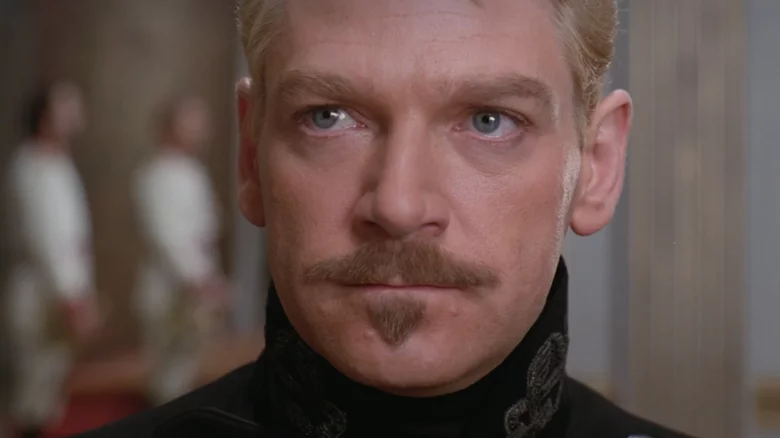[Hamlet] inherits the virtues of a score of his predecessors–and some of their weaknesses. Yet he is no mere recapitulation of them. In him, rather, they recombine to make a man as individual as he is universal. He has the passion of Romeo (“Romeo is Hamlet in love,” says Hazlitt), the dash and audacity of Hotspur, the tenderness and genius for friendship of Antonio, the wit, wisdom, resourcefulness, and histrionic gift of Falstaff, the bravery of Faulconbridge, the boyish charm of the earlier Hal at his best, the poetic fancy of Richard II, the analogic power and meditative melancholy of Jaques, the idealism of Brutus, the simplicity and human sympathy of Henry VI, and, after the assumption of his antic disposition, the wiliness and talent for disguise of Henry IV and the cynicism and irony of Richard III—not to mention gifts and graces that stem more from certain of Shakespeare’s heroines than from his heroes—for, like Rosalind, that inimitable boy-girl, Hamlet is an early draft of a new creature on the Platonic order, conceived in the Upanishads, who begins to synthesize the sexes.
–Harold C. Goddard, The Meaning of Shakespeare, v. 1
